Safari Activities in Kibale National Park
Chimpanzee Tracking
This is the signature experience of Kibale National Park and a must-do for visitors. Guided treks take place twice a day — in the morning (8:00 AM) and afternoon (2:00 PM) — and offer a 95% success rate in spotting chimpanzees in their natural habitat.
Small groups of up to 6 tourists, led by professional ranger guides, follow the calls, footprints, and nests to locate the chimps. Once found, visitors spend up to an hour observing these intelligent primates as they feed, groom, and play. The tracking duration varies between 2 to 6 hours, depending on the location of the chimpanzee groups.
Chimpanzee Habituation Experience (CHEX)
For those seeking a deeper and more intimate encounter, the Chimpanzee Habituation Experience offers the chance to spend up to 6 hours with a chimpanzee community that is being habituated to human presence.
This activity starts early — around 6:30 AM — and participants accompany researchers, guides, and conservationists into the forest. You'll observe the chimpanzees waking up, feeding, socializing, and building nests for the next night. Due to its popularity and limited availability, it is advisable to book CHEX at least 3 months in advance.
Bird Watching
Kibale is a birding paradise with over 375 species, making it a hotspot for birdwatchers year-round. Some of the most sought-after species include:
African and green-breasted pittas
Olive long-tailed cuckoo
Yellow-rumped tinkerbird
Black bee-eater
Dusky crimsonwing
Birding is done on foot and usually begins early in the morning, accompanied by knowledgeable bird guides who help identify even the most elusive species. The Bigodi Wetland Sanctuary, located near the park, further adds to the richness of the birding experience.
Guided Nature Walks
Nature walks through Kibale’s rainforest offer a chance to observe the park’s non-primate residents, including butterflies, reptiles, forest hogs, and the shy forest elephants. The walks are conducted by experienced guides who provide insights into the ecological importance of the forest, as well as the rich biodiversity.
Night nature walks are also available, giving visitors the opportunity to spot nocturnal animals such as bush babies, tree hyraxes, and nightjars, which are rarely seen during the day.
Cultural and Community Visits
Kibale is surrounded by rich and diverse cultural communities, and one of the highlights is a visit to the Bigodi Village and Wetland Sanctuary. Managed by the local community, this eco-tourism project offers:
- Cultural dances and storytelling
- Village walks and traditional homestead visits
- Swamp walks for more birding and primate sightings
These interactions allow visitors to experience authentic Ugandan culture while contributing to local conservation and development initiatives.

